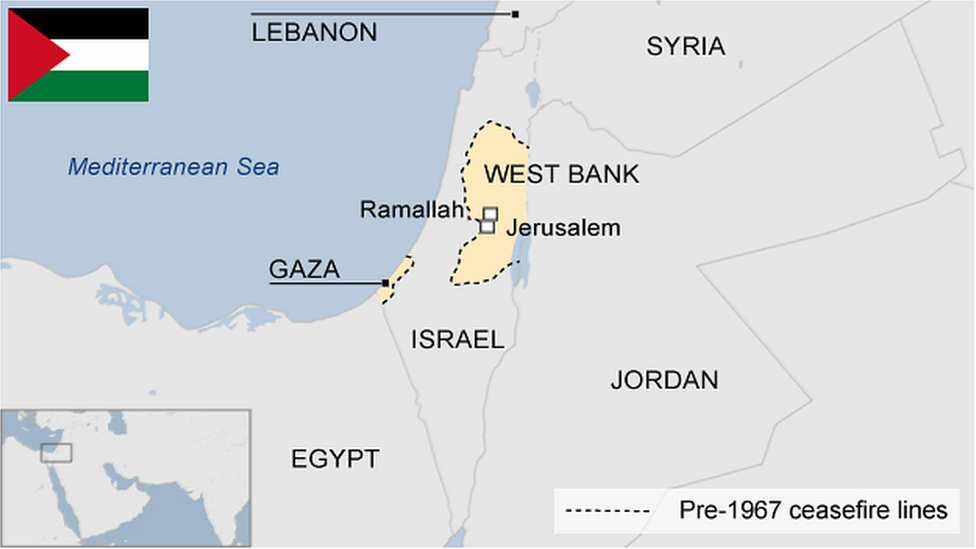Israel-Palestinians: Blame and bitterness keeping peace at bay
- Published
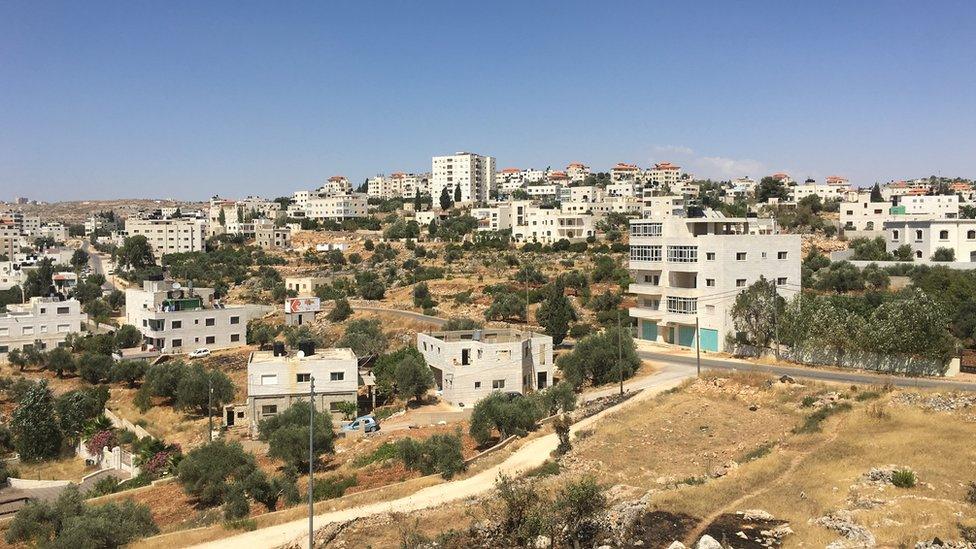
The Palestinian village of Silwad has lost some of its land to Jewish settlements
For retired West Bank farmer Issa Hamed, the idea that Jewish settlements are destroying a two-state solution to the Israel-Palestinian conflict is a no-brainer.
From the rooftop of his home in Silwad, north-east of Ramallah, the sprightly 86-year-old points to the red roofs of the settlement of Ofra, set up in 1975.
"At first, they took just one dunam (1000 sq m), where there used to be a Jordanian military camp, then they kept expanding and blocked access for the landowners," Mr Hamed recalls.
"It became like a cancer growing quickly over the hills."
Other settlements have been established to the north and south of Silwad. Israeli soldiers are stationed in a watchtower at the end of Mr Hamed's garden.
A new report by the Middle East Quartet, external on the impasse in the peace process strongly criticises Israel's settlement project.
"This raises legitimate questions about Israel's long-term intentions which are compounded by the statements of some Israeli ministers that there should never be a Palestinian state," it reads.
Quartet members - the US, EU, UN and Russia - also identify Palestinian violence and incitement and the political situation in Gaza as obstacles to peace.
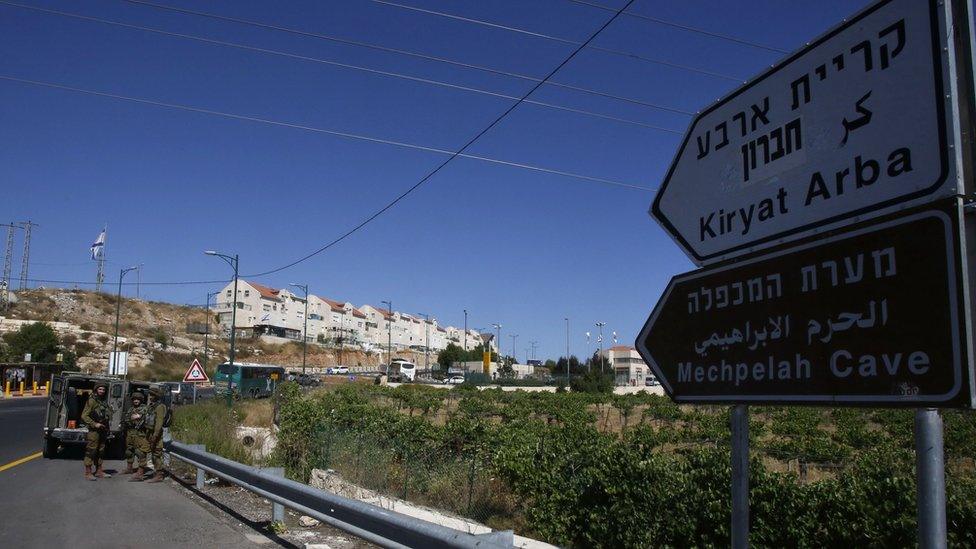
The Israeli-Palestinian death toll has sharply risen in recent months
The Israeli government believes that these are the factors that should be highlighted.
In recent days there has been a series of attacks. An American-Israeli girl was stabbed to death in a settlement near Hebron and an Israeli car in the West Bank was shot, causing it to crash, killing the driver and injuring three passengers.
Controversial constructions
For Palestinian leaders, the firm line on settlement expansion fits with their long-held position that the goal of a viable, independent state in the West Bank, East Jerusalem and the Gaza Strip is in jeopardy.
Settlement construction began after Israel defeated Arab armies in the 1967 Middle East war. It captured the West Bank, including East Jerusalem, from Jordan and Gaza from Egypt.
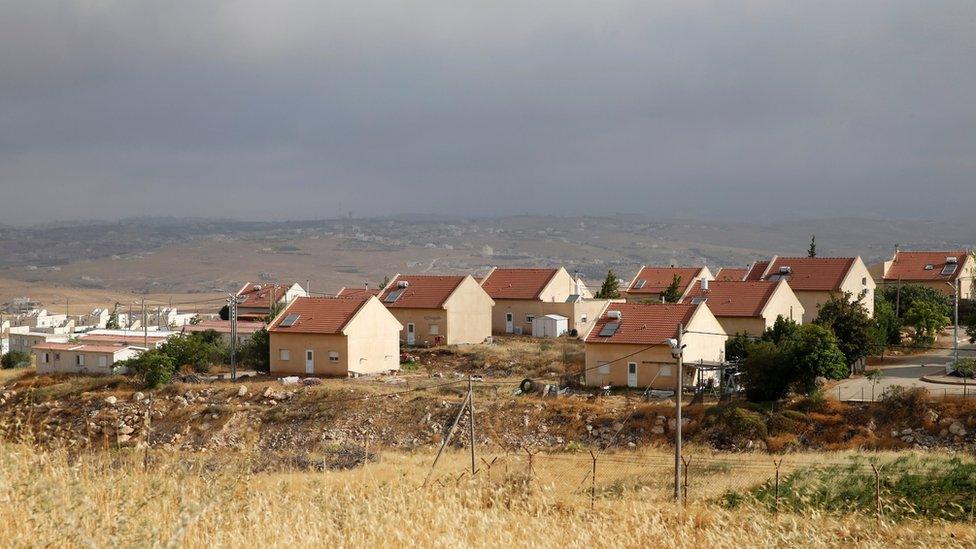
Settlements vary from large neighbourhoods to hilltop outposts
Since the 1970s, left- and right wing governments have encouraged Israelis to move to settlements. There are now at least 570,000 settlers.
Under international law, their presence is seen as illegal, but Israel disagrees. Officials have argued they are built on "disputed", not "occupied" territory.
The current coalition government includes pro-settler parties and ministers who live inside the so-called "Green Line", marking pre-1967 boundaries.
There are regular announcements of new building in settlements and new parts of the West Bank have been declared "state land", allowing Israeli construction.
Meanwhile, Palestinians living in Area C - 61% of the territory where Israel retained full control under the interim 1993 Oslo peace accords - find it very difficult to build.
"Israel should cease the policy of settlement construction and expansion, designating land for exclusive Israeli use and denying Palestinian development," the Quartet report says.
It notes that only one permit for Palestinian housing construction was granted in 2014, while apparently none was given last year.
Life in a settlement
Some Israelis choose to live in settlements for lifestyle reasons but others are religious nationalists.
They believe God gave the land of Israel to the Jewish people - including Jerusalem and the West Bank, which they call Judea and Samaria.
Settlements range from large, developed towns with shopping centres, schools and luxury homes to small, unofficial hilltop outposts that are little more than collections of cabins.
The Yesha Council, which acts as an umbrella group for settler councils, says that settlements are a scapegoat for stalled peace talks.
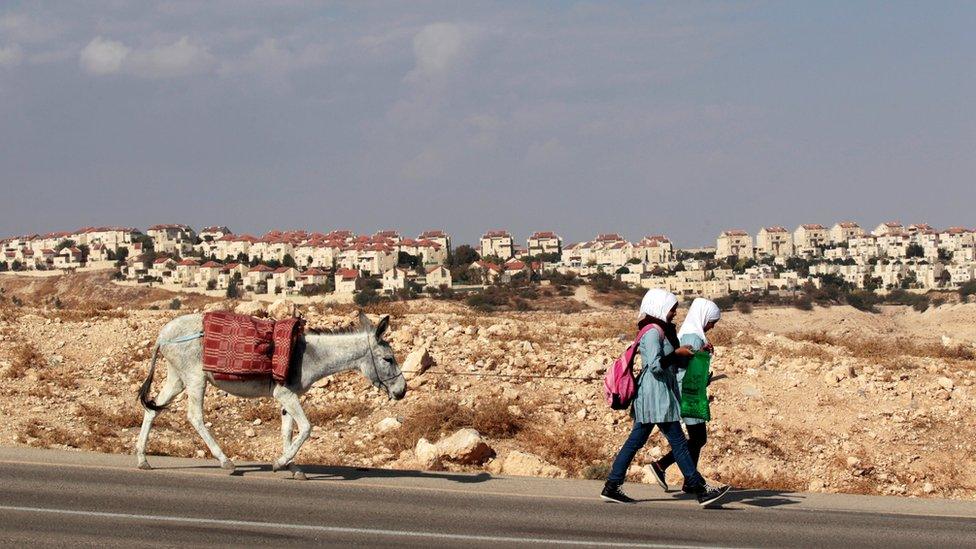
The settlement issue is one of the major contentious points between Israelis and Palestinians
"The settlements are really not the reason, the settlements might be the excuse and unfortunately the international community are falling into this trap time after time," says Oded Ravivi, a spokesman.
It points to the fact that Israel's 2005 pullout from Gaza, with the removal of 8,500 settlers, only led to further conflicts.
However, many Israelis take issue with settlement policy.
A think-tank, the Macro Centre for Political Economics, compares government spending on settlements with other Israeli communities. Extra funds go on security, infrastructure and tax-breaks for residents.
Macro concludes that settlements "involve high costs and a heavy burden on the economy and society."
In a new report, more than 200 retired generals from Israel's military and intelligence services call on the country to declare it has no territorial claims in the West Bank beyond its separation barrier.
They cite concerns about Israel's defence and international standing.
"We are talking about initial steps that aim to provide better security," says Danny Rothschild, who served in the West Bank for many years.
"We provide the Palestinians and the rest of the world the ability to see we mean business and are serious going into negotiations."
What if?
If a peace deal was reached, it is generally accepted that many settlements would remain. Past negotiations are understood to have included mutually agreed land-swaps in which Israel would keep its major settlement blocs.
However, it is estimated these could leave over 100,000 settlers in the West Bank.
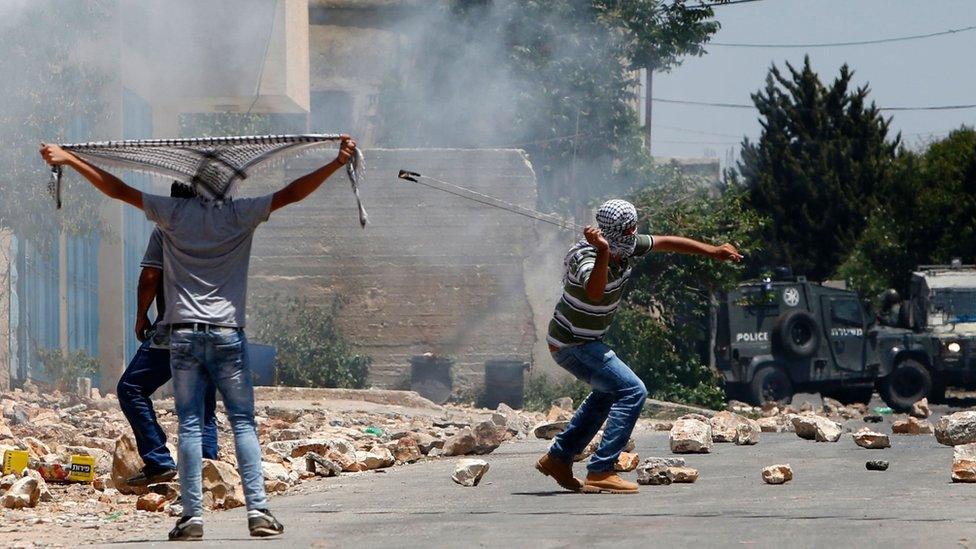
Clashes frequently erupt between Palestinians and Israeli troops
While the latest Quartet report is unlikely to lead to any radical Israeli policy reviews, Israeli officials are concerned there could be a toughening of international policy on settlements.
They have already fought against EU moves to label settlement products and a civil society campaign of boycott, divestment and sanctions (BDS).
"The vast majority of international parties have refrained so far from any serious pressure on Israel," says Palestinian politician, Mustafa Barghouti, who supports BDS.
"It's not enough to condemn settlements and say they block peace."
Palestinians plan to renew their calls for further sanctions, including a ban on products from settlements and companies that invest or work in them.
- Published1 July 2016
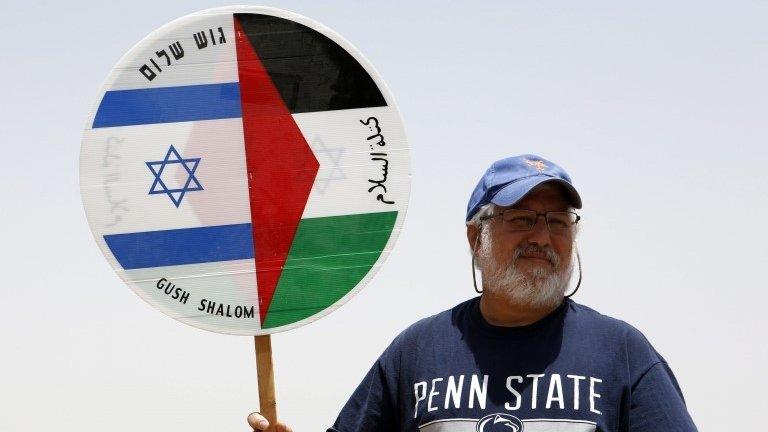
- Published4 May 2016
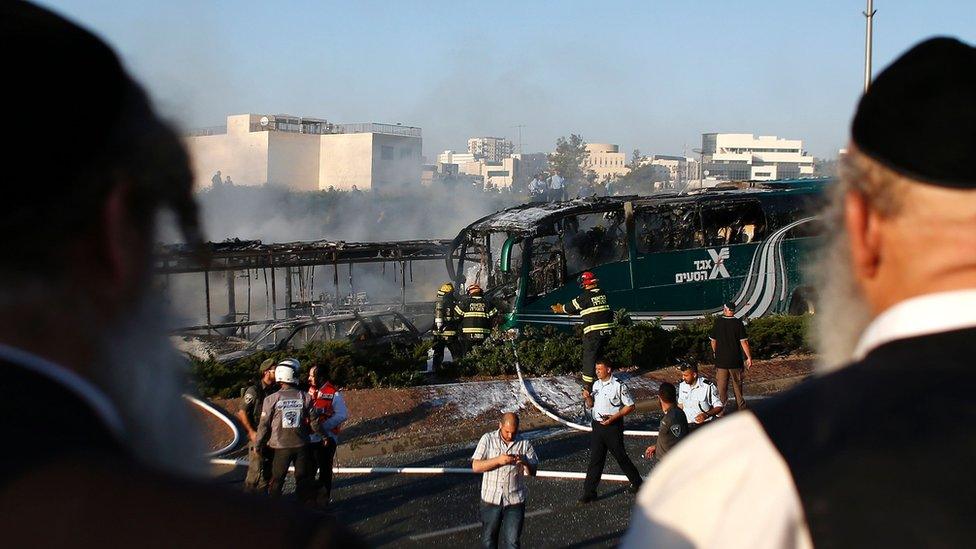
- Published20 October 2015
- Published13 October 2023
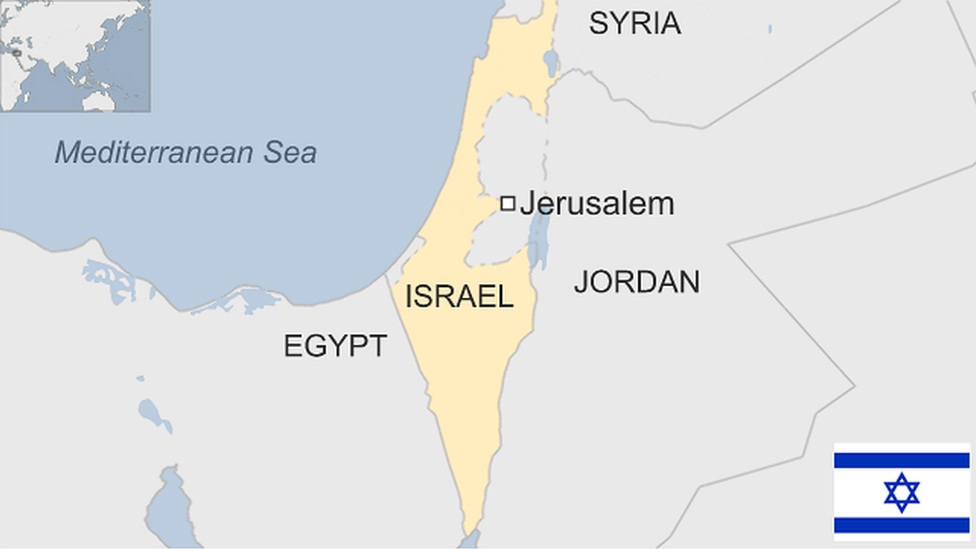
- Published26 June 2023
